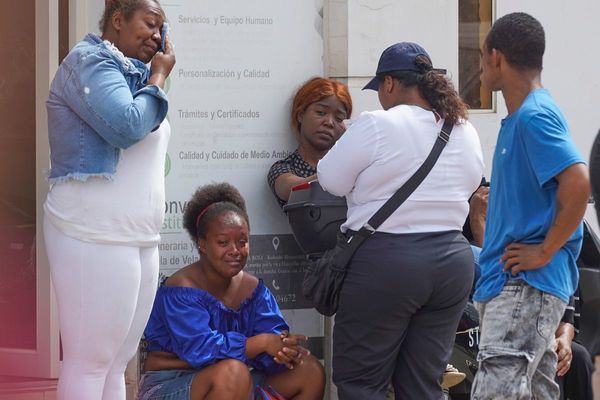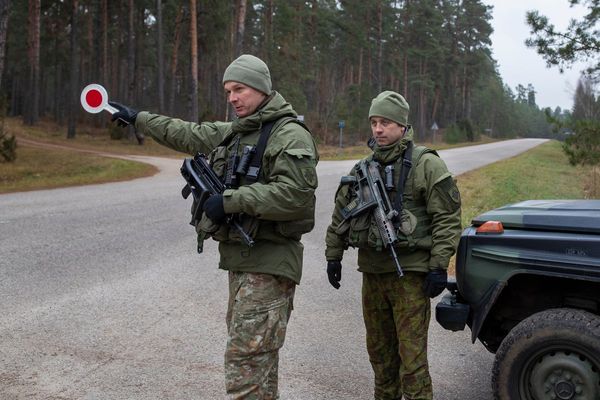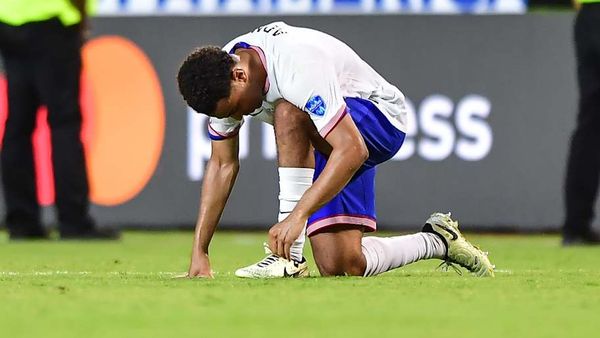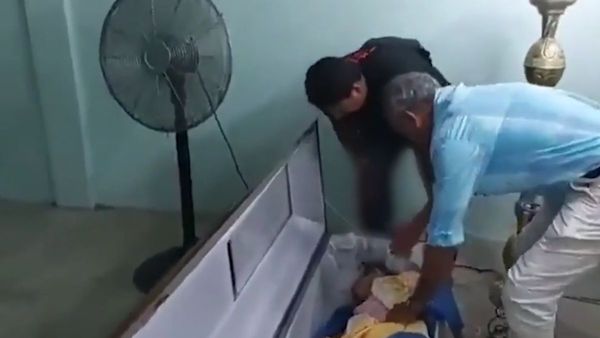
Australia’s legal definition of terrorism is broad enough to be used in convicting misogyny-driven incels, criminologists say, after a Canadian teenager was convicted as a terrorist and sentenced to life in prison for killing a woman at a massage parlour.
Toronto man Oguzhan Sert, then 17, stabbed Ashley Arzaga, 24, in February 2020, with a sword inscribed with “incel” ideology — a portmanteau of “involuntary celibate”, a far-right internet subculture that promotes hatred for women for denying men their self-proclaimed “right” to sex.
Setting a profound precedent for the way Canada’s legal system handles gender-fuelled violence, Justice Suhail Akhtar sentenced Sert for an act of terrorism because the teen had conducted months of incel research and filmed as he “butchered” Arzaga (as well as injuring another woman referred to as J.C.).
Sert had pled guilty to first-degree murder and attempted murder, and as a youth at the time of the offences he faced up to 10 years behind bars — a fate that would be “insufficient”, Akhtar told the court, considering Sert sought to “carve out a niche of infamy” with the “horrific” crime.
The defence lawyer, Maurice Mattis, told reporters that it was “a case that the world is going to have an interest in”, as legal systems grapple with how far-right culture motivates violence — including on January 6, 2021, when one Capitol rioter scrawled “bitch” on the desk of the US’ most powerful female politician, then-House speaker Nancy Pelosi.
Criminologist Jude McCulloch told Crikey Sert’s conviction is of particular interest in the Australian context, where at least 60 women have been killed by a current or former partner this year, prompting Deputy Opposition Leader Sussan Ley to declare it a “national crisis”.
McCulloch, the former director of the Monash Gender and Family Violence Prevention Centre, was commissioned to co-author a report for the Canadian government’s Mass Casualty Commission that explored the concept of both family violence and gender-based violence as terrorism. The final version was released in March.
“It is my view that the current definition of terrorism in Australia is broad enough to include incel-motivated violence,” she told Crikey. But the hatred of women is an “integral” part of about 20% of all terrorism, she added.
“Much domestic terrorism or mass casualty attacks that are widely perceived to be motivated by white supremacist or right-wing terrorism are underpinned by misogyny,” McCulloch said.
And attitudes can be far more widespread than one might think. A 2022 study found that Australian men believe “it’s a woman’s obligation to have sex with her boyfriend or husband even if she doesn’t feel like it” more than men in any other surveyed country, excluding Malaysia.
But misogyny has not typically been viewed “as an ideology in the context of terrorism”, McCulloch said, because it’s more commonly understood as part of “private violence” like intimate partner homicide and violence. This case could change that, she said.
McCulloch added that Australia is already seeing evolving attitudes about domestic violence within law enforcement, including Victoria Police declaring in 2017 that family violence perpetrators would be treated as seriously as terrorists and murderers moving forward.
Melbourne Law School Professor Heather Douglas told Crikey that prosecuting incels as terrorists in a court of law may be applicable per the wording of two parts of the Commonwealth Criminal Code.
A terrorist act, the code states, must be performed “with the intention of advancing a political, religious or ideological cause” — in this case, incel ideology — and with the goal of “intimidating the public or a section of the public” — in this case, women.
“I think this is a really interesting approach and could potentially be applied in the Australian context,” Douglas said.
However, increasing jail sentences or switching up the type of crime may not prove to be a failsafe deterrent for all perpetrators of violence against women, Human Rights Watch Australia director Daniela Gavshon told Crikey. The problem, she said, is too complex to be solved penally.
“Really, what we need to be seeing are systemic changes that reduce the power imbalances between men and women,” Gavshon said, suggesting improved prevention and protection mechanisms as well as more community outreach.
A concurrent approach, a report from the Australian Strategic Policy Centre suggested, is that incels are treated as a national security matter, falling under the purview of the Australian Security Intelligence Organisation (ASIO).
Incel violence, the report’s authors Jasmine Latimore and John Coyne found, is “likely to be perpetrated by lone actors, using low-capability methods and easily accessible weapons such as knives and vehicles, which would be consistent with other forms of violent extremism”.
Government, organisations and educators must raise awareness of misogynistic behaviour — “particularly in young people” — and push for policies that stop the radicalisation-to-violence process.
That would “reduce the number of individuals who ever get onto the radar of our security agencies,” Latimore and Coyne said.
Should we treat incels as seriously as we treat terrorists? Readers, we want to hear from you — especially while our comments are closed due to our website upgrade. Send us your thoughts on this article to letters@crikey.com.au. Please include your full name to be considered for publication. We reserve the right to edit for length and clarity.
If you or someone you know is affected by sexual assault or violence, call 1800RESPECT on 1800 737 732 or visit 1800RESPECT.org.au. In an emergency, call 000.
For counselling, advice and support for men in NSW, Victoria and Tasmania who have anger, relationship or parenting issues, call the Men’s Referral Service on 1300 766 491. Men in WA can contact the Men’s Domestic Violence Helpline on 1800 000 599.







